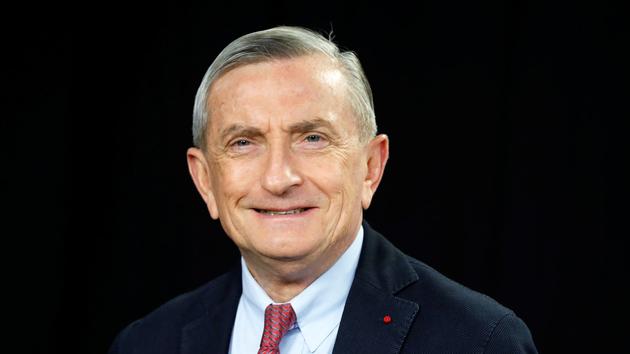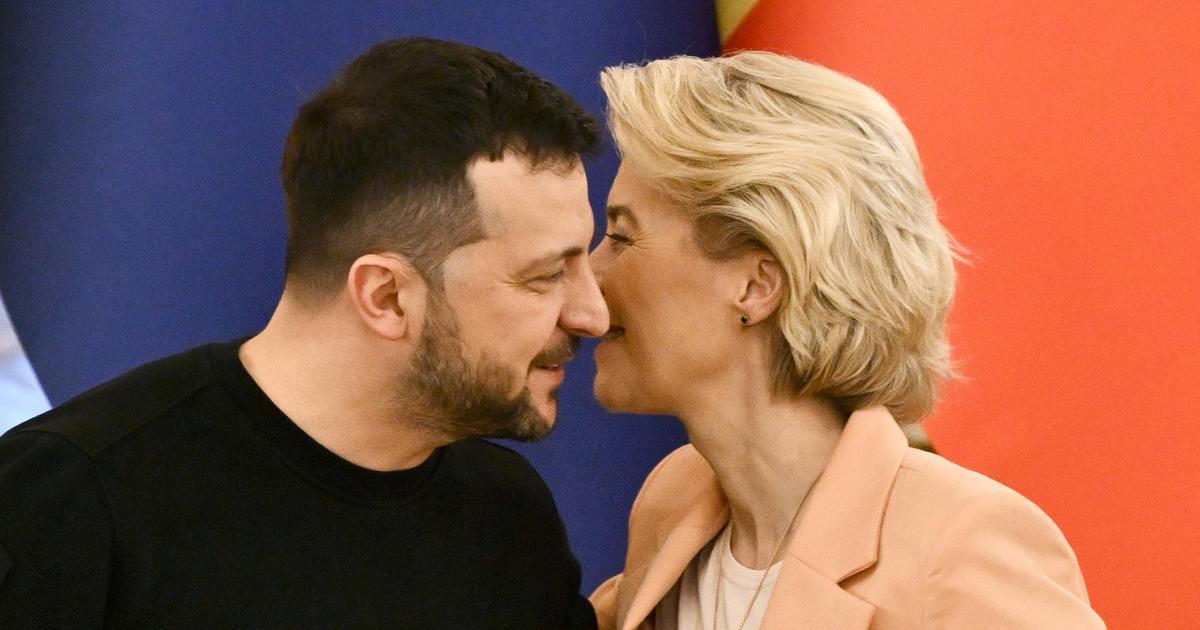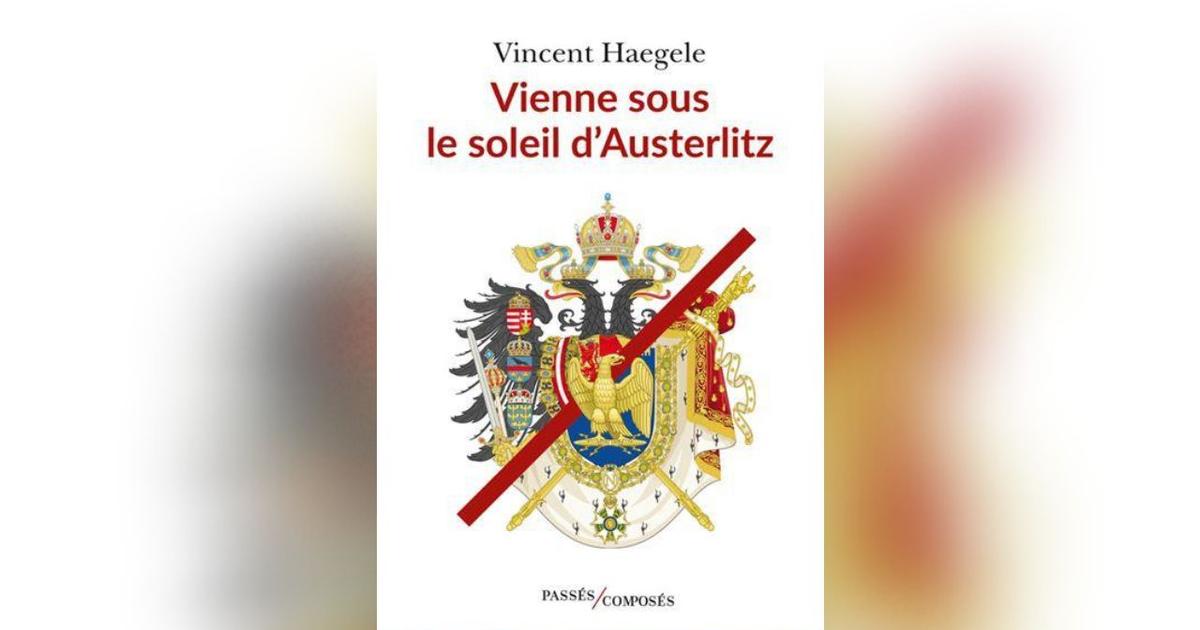General Vincent Desportes is a former director of the École de Guerre, a university professor associated with Sciences Po Paris, a member of Synopia.
We will emerge from this COVID 19 crisis. When, how? No one knows, but we will come out of it, surely weakened. So let it at least serve to make us stronger to face a future that will obviously be chaotic ... and unpredictable.
One of the first lessons that history should have taught us but that we have despised whenever the opportunity has been given to learn it, is that of the inevitability of surprise, therefore, for all - humans and groups of humans - the absolute necessity to integrate it into our reasoning. History contradicts the natural rationality of man. The first, determined by a small number of extreme events, does not progress in a linear fashion, but in a chaotic way, from unforeseen ruptures to sudden reversals. The second naturally reasons according to a logic of continuity structured by the (false) idea of permanent progress.
History is built by ruptures
There is no need to go back to the flood to perceive that the accidents of history are history itself. The future is difficult to deduce from the past. During the twentieth century for example, from August 1914 and from the “Spanish flu” to September 2001 through the crisis of 1929, the Second World War, the Cold War, the fall of the Berlin Wall, the bankruptcy of Lehman Brothers and the financial crisis that followed, the Arab Spring, the Greek crisis, the emergence of Daesh, Brexit ... accidents followed one another, to almost general surprise. These events, most of the time unpublished, render obsolete the assumptions which underpinned our vision of the future; each time they lead to profound reconfigurations of the world.
Increasingly frequent surprises
As history accelerates to the rhythm of the hyperbolic explosion of scientific discoveries - while its mishaps make the prospects more and more random - strategic surprises follow one another at an accelerated tempo. The interconnection of the world also increases the universal nature of surprises: the COVID 19 crisis is the latest example. We have definitively entered “Extremistan”, this country imagined by Nicholas Taleb, in which the apparently insignificant detail, the smallest event can lead to the tilting of the global system whose modeling becomes chimerical.
Let’s not expect tomorrow’s technologies to end unpredictability!Often mistakenly attributed to major external causes, major disruptions - those that cause large organizations to vacillate - from the nation to the enterprise - always appear inevitable after the fact ... but unpredictable a priori: this is often a minor factor - a microscopic virus! - which triggers the chain reaction. What better example of this butterfly effect than the Arab Spring triggered by street vendor Tarek al-Tayeb Mohamed Bouazizi, when he set himself on fire on December 17, 2010 on the market in the small Tunisian town of Sidi Bouzid? Let us not hope for tomorrow's technologies the end of unpredictability, on the contrary: the Arab conflagration, the COVID crisis 19, did not spread in spite of technological progress, but because of them!
Strategic surprises rarely fatal if prepared
Anticipating the unpredictable, surviving it, means believing in it, admitting the fundamental nature of the concepts of resilience and adaptability. The physical and psychological blow carried by the strategic surprise is fatal if, and only if, the actor has not equipped himself with capacities of resistance and reaction. It is the sufficiency of the strategic thickness of a system that allows it to survive and regain the upper hand. An essential component of strategic thickness, reserves - of multiple dimensions - are the major element of response to strategic surprise: the case of protective masks is only the last proof. These reserves make it possible to preserve freedom and the capacity for action despite the unexpected and chance.
Retrospective bias or strategy?
Once the event has happened, the lesson givers forget how unpredictable it was: clearly, in the rear view mirror, visibility is perfect. We thus see political leaders - sometimes the same ones who shouted at the "coup d'état" when we considered postponing them ... - indignant that the government maintained the first round of municipal elections. When you are not in business and you would like to be there (once the crisis is over, of course!) You are easily a victim of the "retrospective bias" highlighted by Baruch Fischhoff: he summed it up a sentence: "I knew it would happen" , I knew it would happen like that.
Another thing is to understand that the constitution of reserves then their reconstitution as soon as the first have been consumed is a rule of survival in the strategic space and that, conversely, their absence constitutes not only an insult to the respect due by all senior responsible for unpredictability but also a serious fault, especially if he holds the destinies of a nation. In this sense, the decisions taken with regard to the reduction of the stocks of masks under the presidencies Sarkozy and Hollande are serious misconduct.
When President Macron says on Tuesday, March 30: "We cannot ask people to have made decisions, five or ten years ago, who could not anticipate what we have just experienced, when we live something that is unprecedented, we cannot ask people to have planned it ten years ago ” , he is right… and wrong. No one, in charge of the destinies of a nation, should forget that one of the essential functions of the State is to enable the future by consolidating the common home for difficult times, thus building national resilience. , by building up reserves and consolidating social ties. Alas, from political facilities to idleness, the welfare state has cannibalized our sovereign state which is struggling to perform the functions that legitimize it, the strategist state has given way to the tactical state struck with managerial myopia.
The surprise will come, sooner or later.The illusion of knowledge
Edgar Morin observes that " although we know that everything that has happened that is important in world history or in our life was totally unexpected, we continue to act as if nothing unexpected should now happen" . We are indeed under the influence of a serious illusion: that of knowledge. It consists in thinking that we can anticipate the unpredictable, the strategic surprises, so avoid them, if not ward them off. It is a mistake. The surprise is consubstantial with the strategic space, whether it is conflictual and military or simply competitive, economic and health.
The first precaution is to admit it. The surprise will arise, sooner or later, regardless of the relevance and effectiveness of the measures taken to prevent and protect it. This is all the more true as there is far from information to knowledge, and as much from the latter to understanding. The attacks of September 11, 2001 remain the unwavering proof. The intelligence services had all the necessary clues, all the information was available: the signals existed, but they did not produce the useful alert. The effort is concentrated on knowledge and neglects absorption capacity: one naively tries to predict them instead of admitting their unpredictability and investing in the resilience of systems and men.
Know how to think the unthinkable
We are there before the limit of the collective imagination: it is very difficult to place ourselves in an intellectual posture capable of thinking the unthinkable. We think of the world on the basis of hypotheses about the future that are totally conditioned by the present and the past ... which, moreover, by modernist illusion most of the time we think is definitely over.
We are all threatened by these "impossible" things that we cannot imagine and from which arise strategic surprises. This imposes critical thinking and expression, cultural and intellectual diversity which allows the widening of the field of possibilities. No reasoning will allow us to foresee and avoid surprise; We must therefore prepare for it, that is, strengthen our resilience and have the courage to devote what is necessary to it.
Our next strategic surprise is already in the making.Make no mistake: our next strategic surprise is already in the making. You have to expect it and prepare for it. The modern world is becoming less and less predictive: this unpredictability is incompatible with models based solely on planning and forecasting.
So? The first display is intelligence and early warning, which alone are insufficient. The second is that of reducing risks and preventing them. The third approach, the most fundamental, consists in acquiring the means to mitigate its effects, that is to say, in consolidating the resilience of civil and military organizations (public authorities, populations, businesses, armed forces, etc.) and their adaptability.
No manager, whatever his field, should imagine that knowledge and anticipation will be enough to deal with anything unpredictable. It is, for humans and groups of humans, to build and preserve the capacities allowing to digest the strategic surprise then to rebound. The wisdom is to know that the world is what it is, not the one we dream of: the impossible of today will be the surprise of tomorrow. The awareness of the unpredictable is the first wisdom of the strategist!









